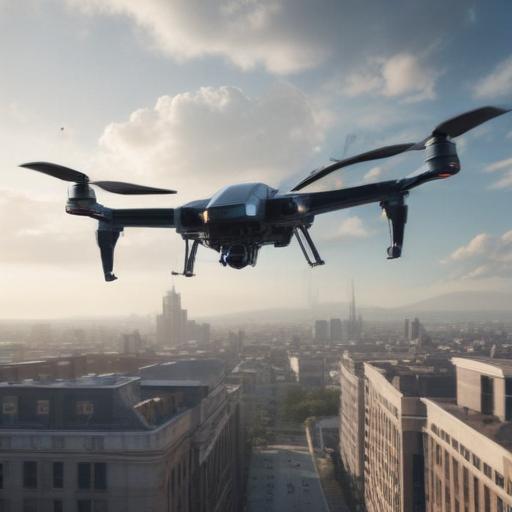The U.S. Department of Defense has entered into a contract with OpenAI to launch a pilot program aimed at developing “frontier AI” technologies. Announced through the DoD’s recent daily award list, the contract could be worth up to $200 million, with an initial disbursement of $2 million to OpenAI.
This collaboration is part of a broader initiative named “OpenAI for Government,” which aims to integrate OpenAI’s technologies into various government sectors, including defense. According to the DoD’s announcement, the program will pilot prototype capabilities designed to tackle pressing national security issues in both military and administrative contexts. The focus areas include enhancing healthcare access for service members and improving cyber defense strategies.
Interestingly, OpenAI’s communication regarding this partnership did not specifically mention “warfighting,” emphasizing instead that any applications of their technology must align with OpenAI’s existing usage policies, which explicitly prevent the development of weapons. This shift in language reflects OpenAI’s evolving stance on military applications, as it previously banned any military and warfare-related uses outright.
This partnership comes on the heels of OpenAI’s Chief Product Officer, Kevin Weil, and former Chief Revenue Officer, Bob McGrew, being commissioned as lieutenant colonels in the U.S. Army Reserve. They join a network of tech leaders, including the CTOs from Palantir and Meta, forming the newly established Detachment 201: Executive Innovation Corps, which aims to guide the Pentagon in leveraging AI within military strategies.
OpenAI has a history of collaborations with defense contractors, including a previous contract with Anduril, founded by Palmer Luckey. Recent developments also show a resurgence of partnerships in the military sector, as Meta and Anduril have joined forces on augmented reality technology projects for soldiers, taking the reins from Microsoft, which had stepped away from a similar endeavor.
This initiative reflects a growing trend of integrating advanced AI technologies into national defense strategies, presenting an opportunity for enhancements in both administrative and tactical operations within the military framework.
Overall, this collaboration could potentially lead to significant advancements in how AI is applied within the realm of national defense and public service.
